Questlove's Summer Of Soul (Or,... When The Revolution Could Not Be Televised) Is A Love Song To Once Forgotten Moment In Black History
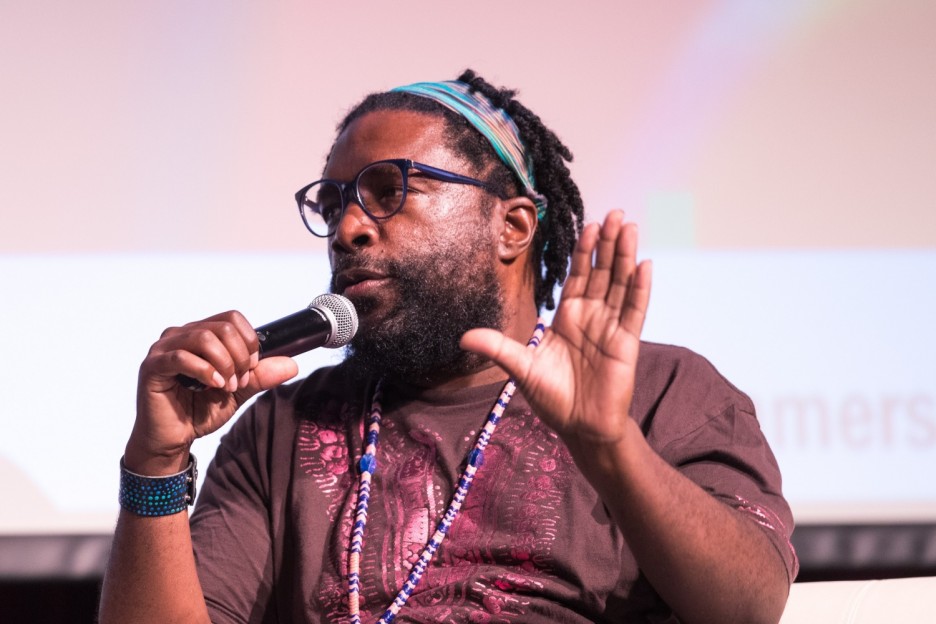
The Pandemic, for many of us, consisted of worrying about how much toilet paper we had stashed away or the best way to make sourdough starter, but for artists like Ahmir "Questlove" Thompson, creating was first and foremost on his mind. Summer Of Soul (Or,... When The Revolution Could Not Be Televised) was the glorious result of his dedication.
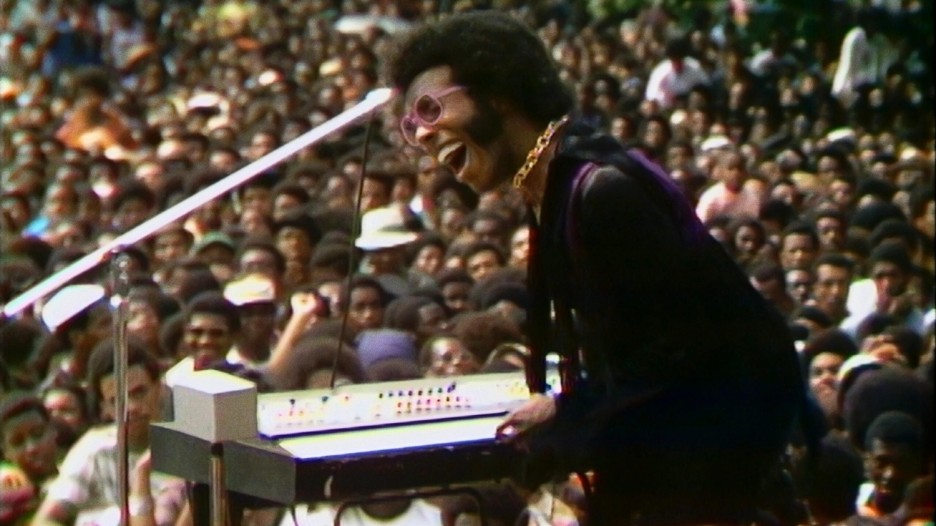
The documentary, now streaming on Hulu, tells the story of one of the most innovative and, sadly, forgotten festival concerts in musical history, The Harlem Cultural Festival. The brainchild of lounge singer, and all around big energy personality, Tony Lawrence, the festival was a celebration of Black musical artists and culture in the heart of Harlem, Mount Morris Park. The multi-weekend outdoor concert drew crowds of around 50,000 and featured some of the most influential talent from Gospel, Soul, R & B, and Motown ever to hit a stage.
This leaves the question, how could an event so massive, powerful, and star-studded be left by the wayside of history?
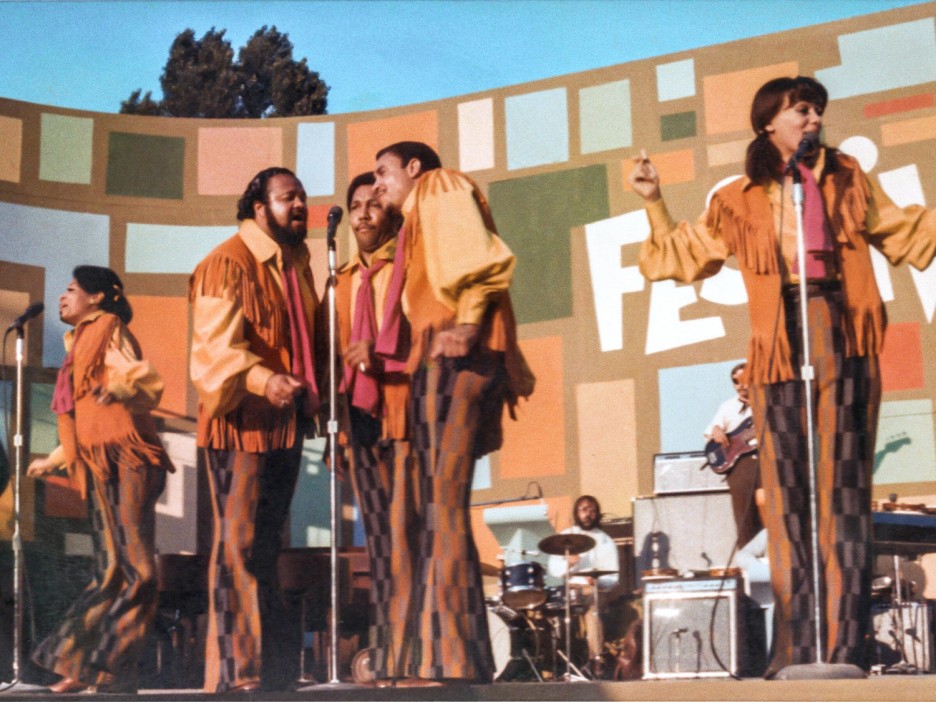
The year was 1969. Woodstock was the concert on everyone's radar. America was still reeling from the assignations of JFK, Malcolm X, Dr. Martin Luther King Jr., and then Bobby Kennedy. These figures were beacons of hope for so many Black communities at the time. In the film, Harlem resident and Festival attendee Darryl Lewis reflects on that sweltering summer of uncertainty.
I was home from college, it was a hot summer. I always related summertime to the potential for violence. And there was quite a bit of anxiety that year. -- [speaking on the assassinations] After that, it felt like the system was letting you down.
That, along with the Vietnam War and police violence against Black citizens, those most affected needed a positive release from the real life horrors around every turn. This concert gave them something so much more. For the first time, folks who had never experienced a live version of their culture, their music, and their legacy, were able to come together to celebrate the beauty of Black artists they might have only heard on the radio.
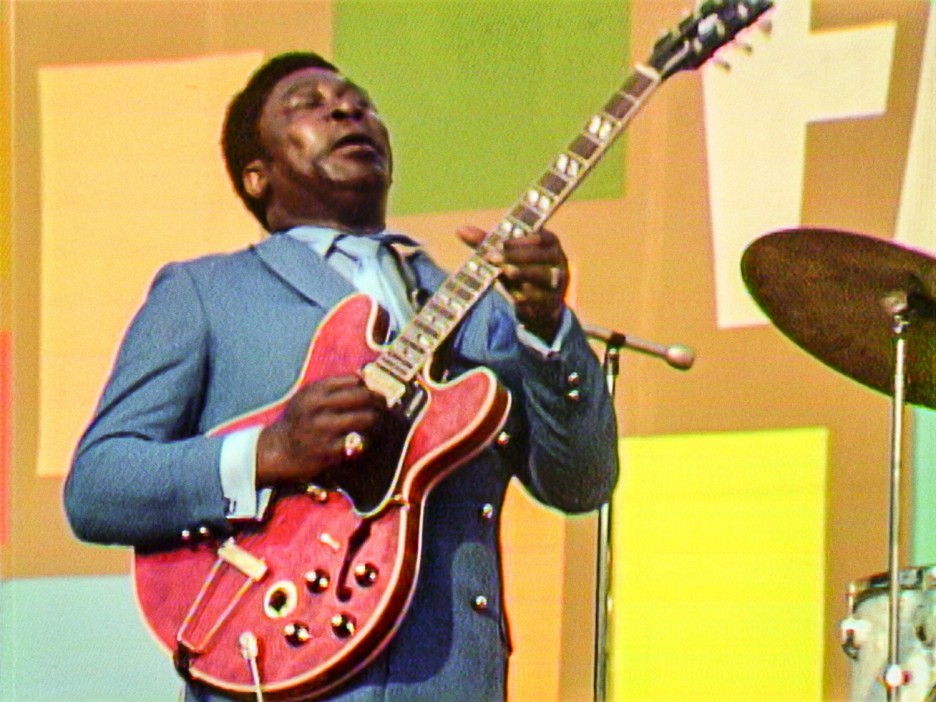
Performers included Stevie Wonder, Gladys Knight and The Pips, The 5th Dimension, The Edwin Hawkins Singers, B.B. King, Nina Simone, Sly And The Family Stone, and Mahalia Jackson just to name a few. And to think, all of this filmed perfection languished, untouched, in a basement for 50 years.
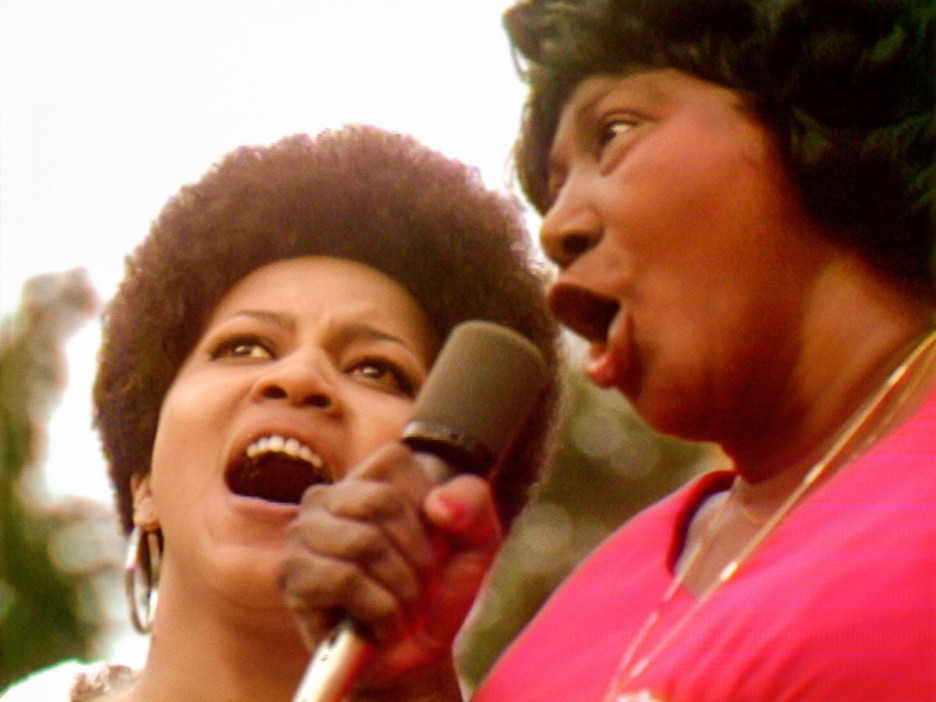
During a Q and A at the Metrograph Theater in New York City, Questlove discussed his experience of putting together the film from hours and hours of archival footage that had laid dormant in a basement for around 50 years.
I knew that Black erasure is real in a lot of cases -- I don't think it was a thing that's like, "This film must never get out!", you know, that sort of thing, but for me it's who would just casually dismiss, like, "This is nothing."
He went on to talk about tracking down those who were in attendance and watching them experience the footage for the first time since having been there.
For me, the best part was the responses of people who saw themselves in this film, literally saw themselves, or family members. Something humorous like, "Wow. We never knew our great grandmother was so hip." -- Just to literally hand people back their history was amazing.
One of the most technically marvelous discoveries was that the sound of the performances were crisp and clear. There is a moment when Gladys Knight and The Pips are on stage and the claps during their routine connected with a sharpness throughout the theater. My first reaction was to turn to the spectator behind me to see if they had clapped along. I was delightfully mistaken. I was convinced there had to have been a touch up to the track. When asked, Questlove stunned the crowd with his response.
I'll be honest with you, I would say that we probably tried to improve on the sound but what you're hearing is damn near almost, I would say, 99.44 percent, like, um, kind of from the sound board that went straight to 2 inch tape.
Sitting in an audience for this screening felt like such a communal experience. Some in attendance were hearing these acts and finding out about a history of culture that so often goes by the wayside of history. Audible gasps and laughs of joy emanated from all corners of the theater, adding to the abundance of love and knowledge the documentary puts out with every passing second. That mutual participation by those at the viewing, as enthralling as it was, doesn't compare to the elation shown by the audience members in the park that month. There is a beautiful intensity on their faces, in their movements, and in their unity as a people, a community, even during times of turbulence and uncertainty.
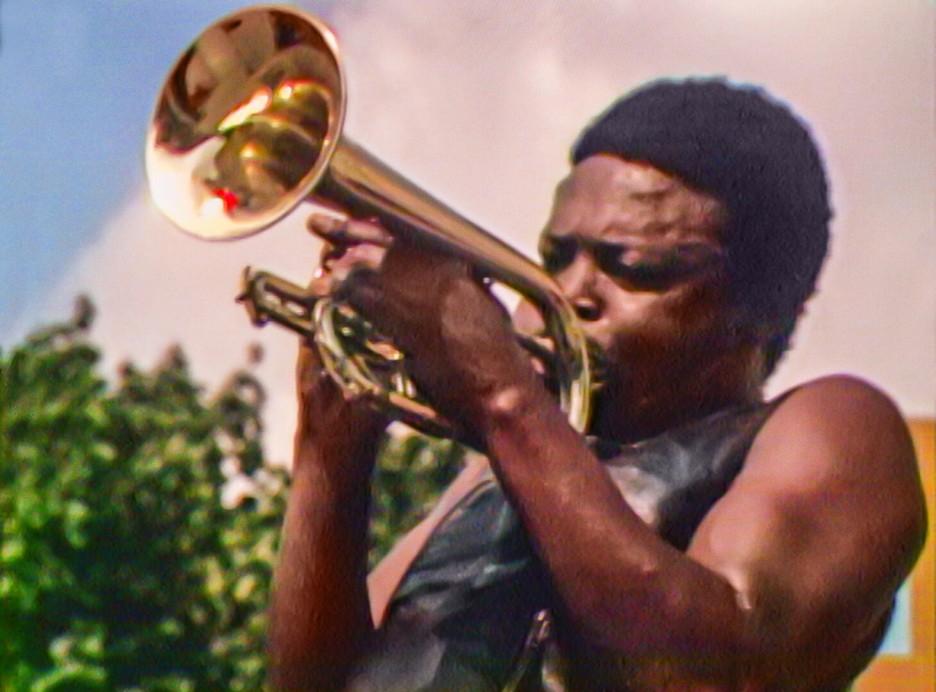
One act that stood out in particular was the ever scintillating Nina Simone. There is a beat where she speaks to the crowd. She speaks of the power each one of them brings to the world, radiating pride for the heritage exuding from every person on stage and off. She takes this opportunity to speak the words of one other most poignant ballads, To Be Young, Gifted, And Black. She repeats the sentiment with the dynamic passion and tenacity of a fight song, not one of violence or unrest, but one of remembrance, of passion, of heart swelling pride in what it is to be Black in an uncertain America.
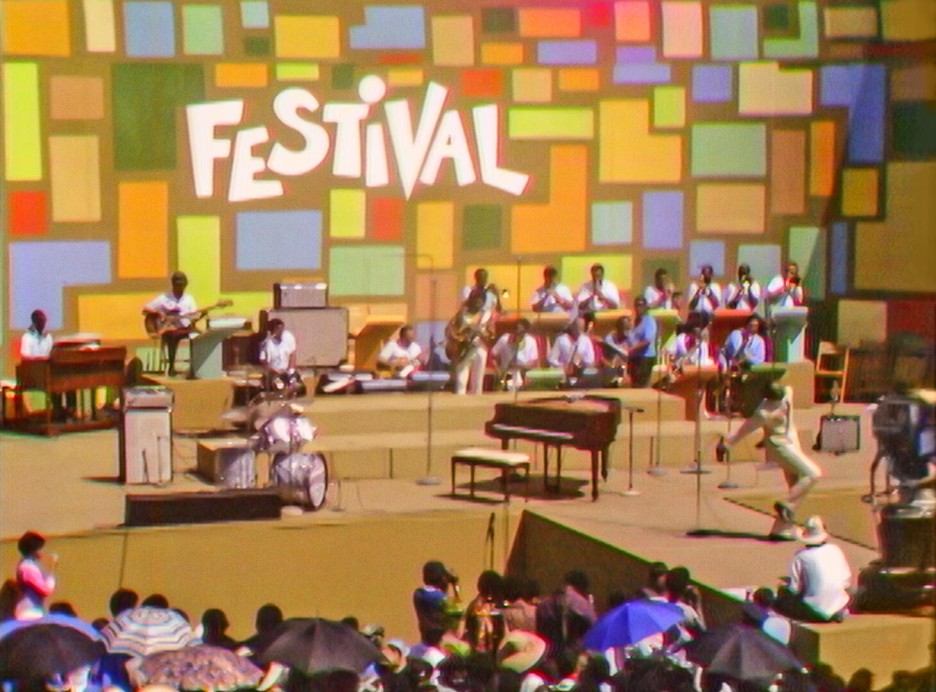
If I were to find one flaw with Summer Of Soul (Or,... When The Revolution Could Not Be Televised), it would be the length. When the credits roll, you are left with an undeniable melancholy of not seeing every moment that was captured on film. Not a bad problem to have as far as problems go and a true testament of the genius of Questlove to find the most pivotal parts in a sea of stellar performances, but as the old saying goes, "Always leave them wanting more."
Summer Of Soul (Or,... When The Revolution Could Not Be Televised) is streaming now on Hulu.
© 2026 Enstarz.com All rights reserved. Do not reproduce without permission.






